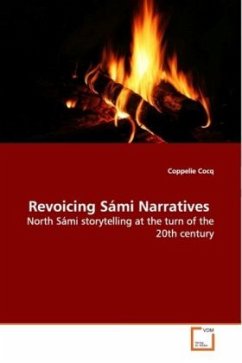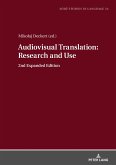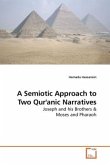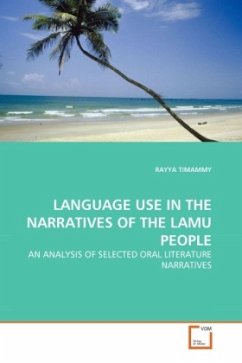This book investigates the relationship between
storytellers, contexts and collective tradition,
based on an analysis of North Sámi narratives
published in the early 1900s. This study serves as an
act of revoicing, of recovering voices that had
been silenced by the scientific discourse which
enveloped their passage into print. It highlights the
dynamic and conscious choices of narrative strategies
made by these storytellers and the implications of
the discourses expressed in narration. The analysis
demonstrates that storytelling is an elaboration that
takes place in negotiation with tradition, genres and
individual preferences.
The repertoires of four storytellers are studied
according to a critical discourse analysis from a
folkloristic perspective. Based on a receptionalist
approach, this book investigates the implications of
these narratives for the North Sámi community at the
turn of the 20th century.
Storytelling appears to have had a set of functions
for community members, from the normative as regards
socialization, information and warning against
dangers to the defensive with the elaboration of a
discourse about solidarity, identity and empowerment.
storytellers, contexts and collective tradition,
based on an analysis of North Sámi narratives
published in the early 1900s. This study serves as an
act of revoicing, of recovering voices that had
been silenced by the scientific discourse which
enveloped their passage into print. It highlights the
dynamic and conscious choices of narrative strategies
made by these storytellers and the implications of
the discourses expressed in narration. The analysis
demonstrates that storytelling is an elaboration that
takes place in negotiation with tradition, genres and
individual preferences.
The repertoires of four storytellers are studied
according to a critical discourse analysis from a
folkloristic perspective. Based on a receptionalist
approach, this book investigates the implications of
these narratives for the North Sámi community at the
turn of the 20th century.
Storytelling appears to have had a set of functions
for community members, from the normative as regards
socialization, information and warning against
dangers to the defensive with the elaboration of a
discourse about solidarity, identity and empowerment.







